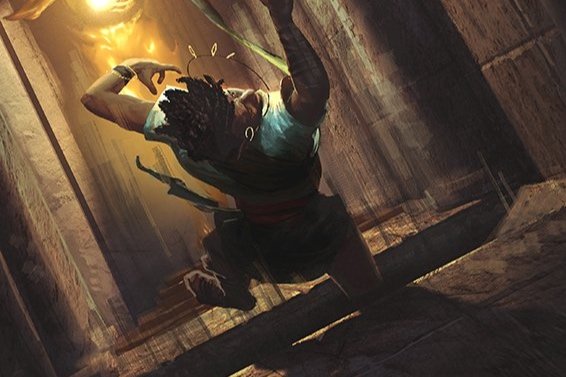In EN Publishing’s upcoming Dungeon Delver’s Guide, we’re giving you every tool you need to build story-driven, atmospheric dungeons. And that means we have got to get traps right. Today I want to share the book’s trap-building philosophy, along with a few of the more than a hundred traps you’ll get when you Kickstart the book later this year.
Traps are a defining characteristic of dungeons. But too often, they feel like an arbitrary tax on the characters’ hit points. Done poorly, traps cause play to bog down as paranoid players poke and prod every door and passageway for unseen dangers. For these reasons, GMs and Narrators are often advised to use traps sparingly, or even steer clear of them entirely.

 www.levelup5e.com
www.levelup5e.com

Traps are a defining characteristic of dungeons. But too often, they feel like an arbitrary tax on the characters’ hit points. Done poorly, traps cause play to bog down as paranoid players poke and prod every door and passageway for unseen dangers. For these reasons, GMs and Narrators are often advised to use traps sparingly, or even steer clear of them entirely.

Dungeon Delver’s Guide: It’s a Trap! — Level Up: Advanced 5th Edition (A5E)
In EN Publishing’s upcoming Dungeon Delver’s Guide, we’re giving you every tool you need to build story-driven, atmospheric dungeons. And that means we have got to get traps right.



